Today is a Healthcare Day for beluga whales and dolphins, and they participate in their monthly physical examination. The cetaceans have grown accustomed to these procedures and stay calm, because our veterinarians and trainers work as a skilled and well-coordinated team. Vets take blood tests (both complete blood count and basic or comprehensive metabolic panel) from the animals and perform radiography or ultrasonography, if needed.
The physical signs of sickness are often barely visible in cetaceans. Dolphins may have a good appetite and swim as usual, with a constant ‘smile’, which is just a feature of their anatomy. This latent period can last up to six months before any symptoms appear. To reveal hidden diseases and prevent them, the Primorsky Aquarium’s veterinarians take blood samples from dolphins and beluga whales every month and analyze them in-house or send to an external lab.
The health check today is running smoothly. Animals are readily approaching vets. The first beluga whale is a three-year-old Kalina, and she is reacting to all the medical procedures very calmly. Then their older peers are coming, — again, no anxiety, not even uneasiness. Veterinarians can find a vein on a dolphin fluke and take blood from it within minutes, but what is more important is that the animals let them do it. The same as people, dolphins have to fast before blood work, but they are immediately rewarded with a tasty fish after the sample is collected.
“Cetaceans have a very high pain threshold. They hardly feel anything as the needle goes in,” explains Anton Brykov, Head of the Marine Mammal Division. “However, trusting relationships between us and the animals matter the most. Our dolphins and belugas trust us and they know we won’t do them any harm.”
“Blood tests may help diagnose certain diseases and conditions and administer appropriate treatment. Their results sometimes show that other types of tests are required,” says Daria Prokhorenko, Lead Specialist of the Marine Mammal Department. “Finally, blood investigation occasionally exposes nutritional deficiencies, and a dolphin’s or a beluga whale’s diet can be modified on medical grounds.”
Pinnipeds (northern fur seals, Baikal seals, a sea lion and a walrus) also have regular medical examinations, which in some cases include additional screenings, like bacteria culture test.
Essential daily vitamins also help to maintain the health and bodily functions of Dolphinarium’s residents. Each animal takes them in his or her own way. For example, Misha the walrus swallows all the multicolored tablets and pills at once. Most others, however, pop vitamins inserted into fish.
The same as in people, it is easier to prevent diseases than to treat them in marine mammals. Regular general health checks help protect our cetaceans and pinnipeds and detect health disorders in them before these could become a problem.




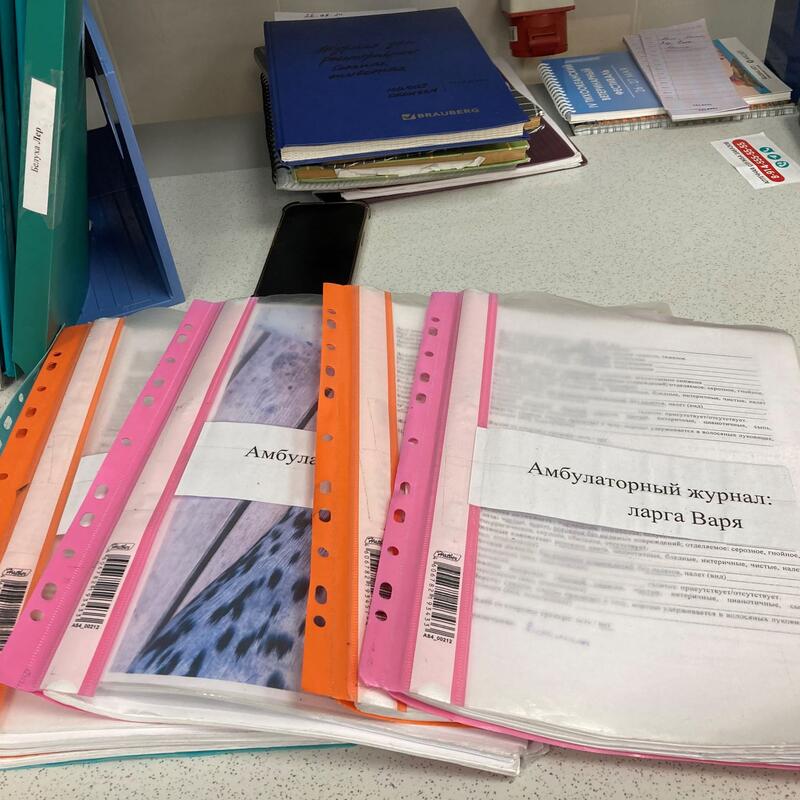
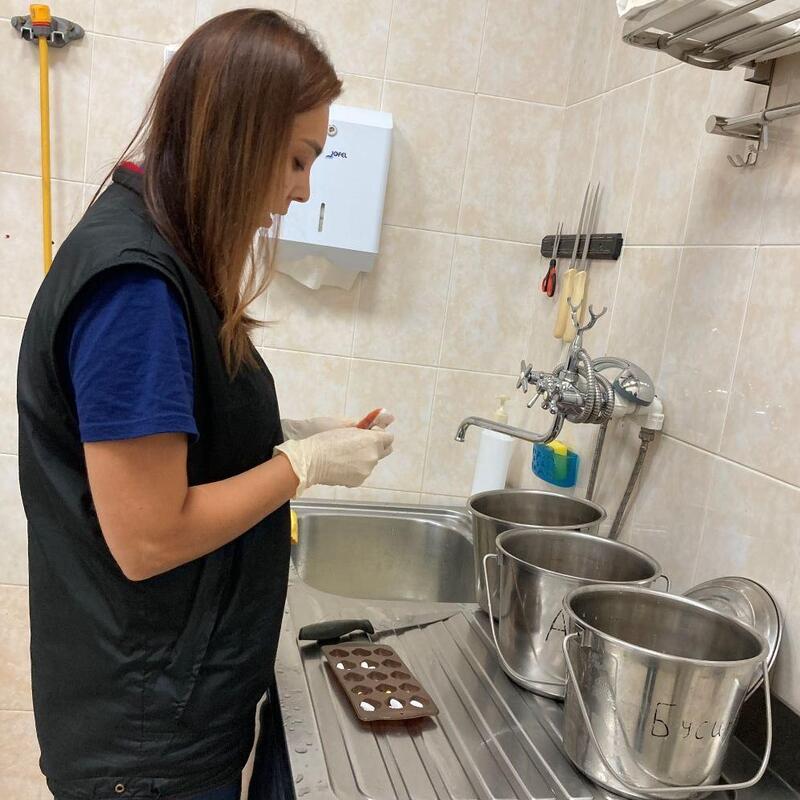
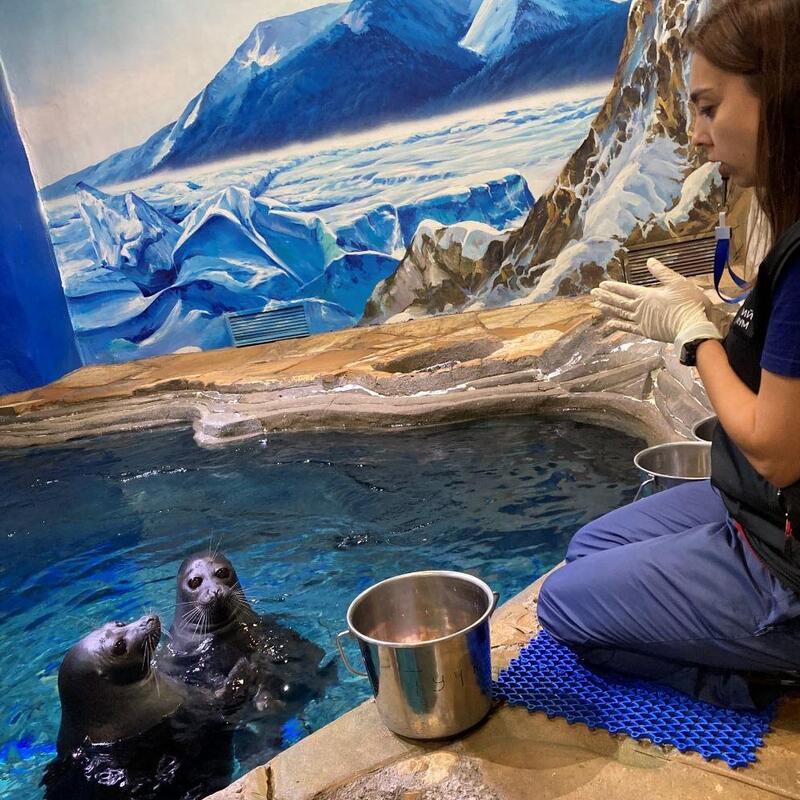
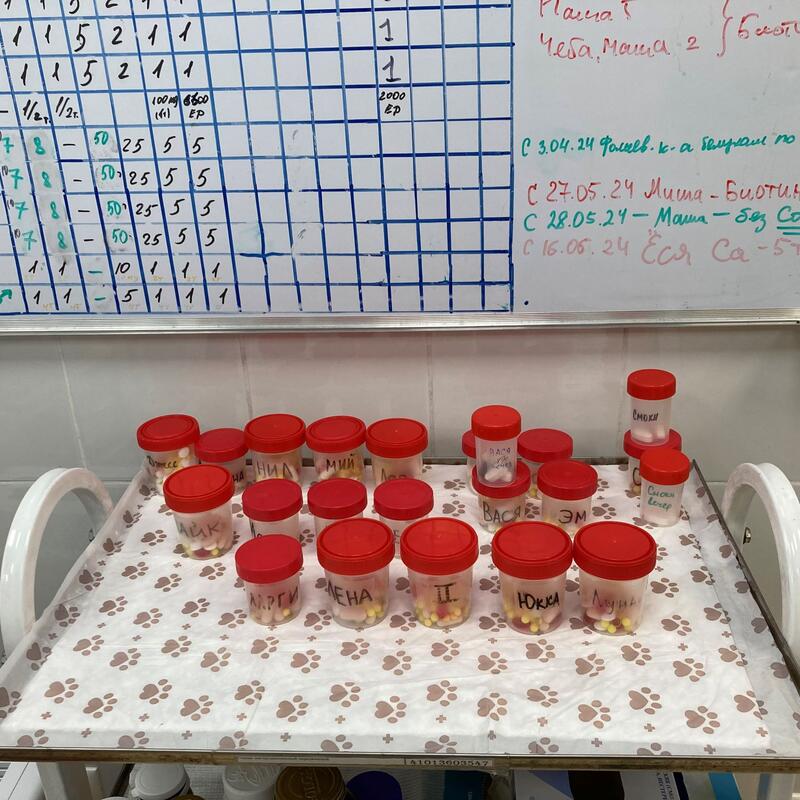
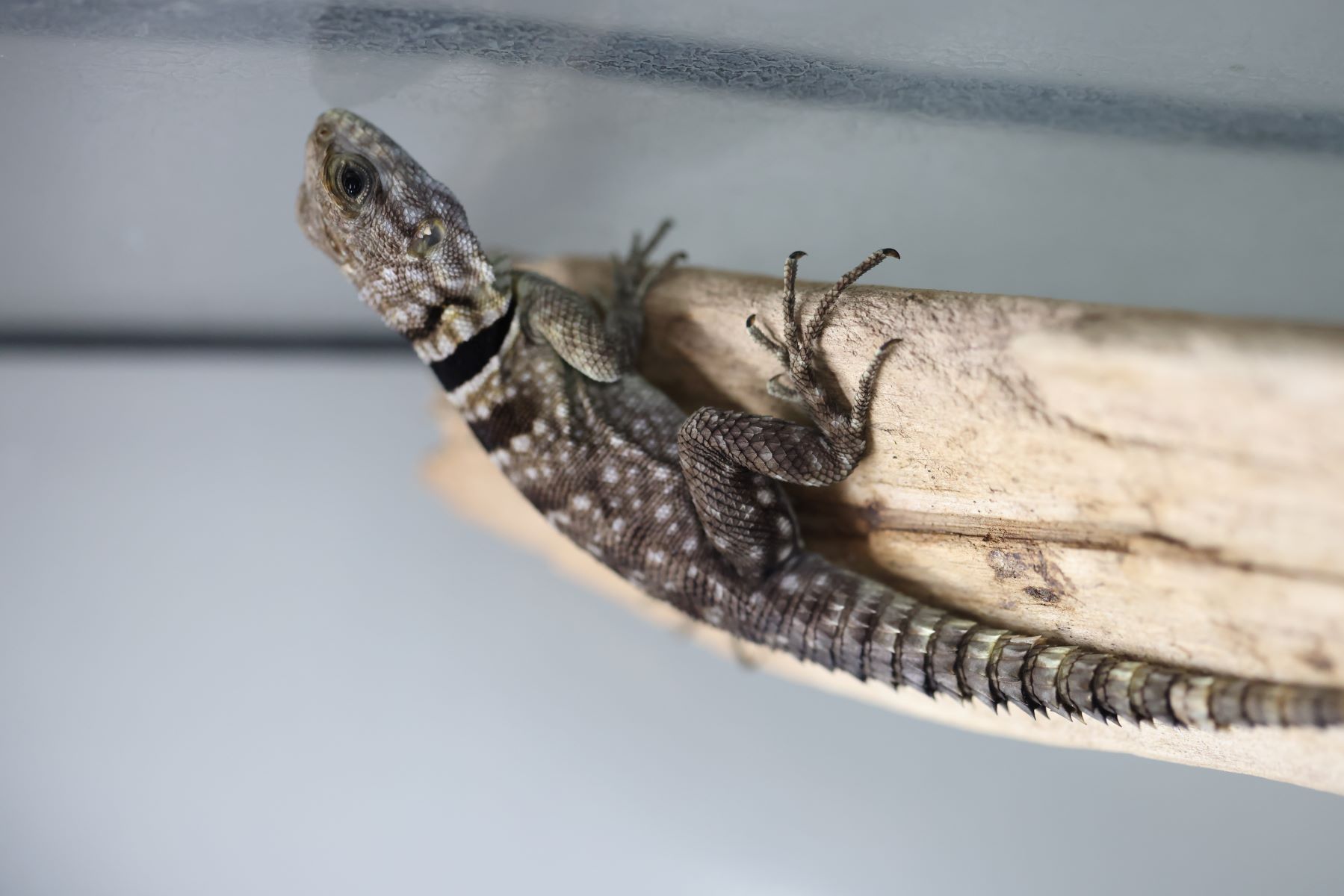
.jpg)